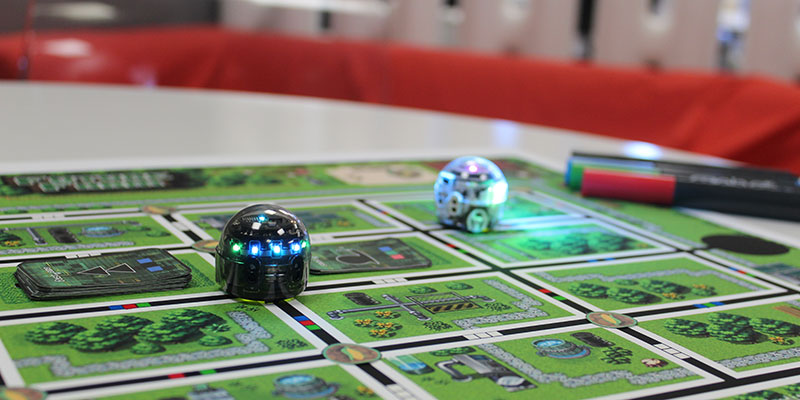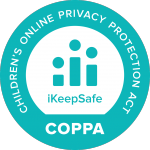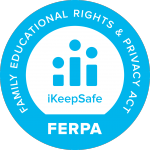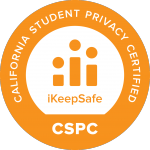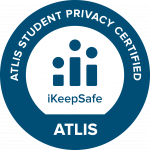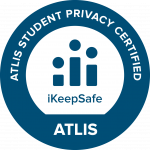In days past, a library card was a declaration of love for one thing: books. Today, libraries are so much more, offering an unexpected mash-up of old and new information technology. In many, shelves and shelves of books surround rows of computers, STEAM makerspaces, and even–you guessed it–robots!
No matter your age or income, the library is a perfect place to start learning to code and developing other STEAM skills. Many libraries have Ozobots or other robots you can check out and some offer free access to Lynda.com, for online training in everything from programming to web design, with your library card.
The people making all this possible are our libraries’ tech and makerspace specialists. At Ipswich Libraries that role belongs to Dan Harth, our Creator of the Month for May. Together, Dan and his Ipswich colleagues created the Future Farm game for Ozobots. Designed to impart STEAM skills while exploring farming solutions for the year 2500, the game can be used with Evo or Bit robots. Download, print, and play Future Farm today, and read on for an interview with Dan about how he created this adventure of competing farmers, crops, and code.
Future Farm Rules and Cards (PDF) >
Tell us about yourself! What’s your role at the library?
Back when I originally created the Future Farm project, I was in the Public Programming and events team for Ipswich Libraries. In that role I was always playing with different types of tech and robots and trying to find cool new ways to use them. I now manage all the technology contained in our Library Makerspace, which is the home of all our virtual, augmented and mixed reality systems.
How did you come up with the Future Farm project?
I have always been a huge fan of all types of gaming including card games, board games and video games. I was excited to have the opportunity to create one myself using the Ozobots and used ideas and features from some of my favourite games to come up with the idea. From there it was just a matter of creating the board and cards.
In addition to having a blast with Ozobots, what do you want kids who play Future Farm to take away from it?
I’d like to think the game requires the players to think more about their opponent than the actual game itself. It teaches the players how to use the tools and methods they have to outsmart their opponent in a strategic and logical way and obviously this is a big step in learning how to code.
Many people associate libraries with books, not bots. What role do robots play in today’s libraries?
Libraries are a bank of knowledge! This knowledge shouldn’t be limited to what you can find in the pages of a book. Technology and coding are a gargantuan part of modern society and should be seen to be a part of this bank of knowledge. As a place offering these learning opportunities, robots such as Ozobots are an excellent way to introduce the public to the wonders of coding and modern technology, especially those who are unable to access this themselves. Robots play a central and essential role in modern libraries, ensuring everybody has access to all learning opportunities available, without restrictions.
How are Ozobots used in your library?
One of the main uses our library has for the Ozobots are in our technology workshops and classes. Ozobots offer an easy and enjoyable introduction to the thought processes behind coding and how to view a problem in a logical way. Using sequences and rules to solve problems and create games are the building blocks for leaning real coding, which is the basis for our Ozobot workshops at the library.
Thanks Dan, for bringing the creative side of coding to life with Future Farm! The game uses Ozobot’s screen-free coding option, Color Codes. Want to learn more? Explore Ozobot’s two ways to code:
OzoBlockly >
Color Codes >
For Educators and Students:
Color Codes Basic Training >
OzoBlockly Basic Training >
100+ STEAM Lessons >


